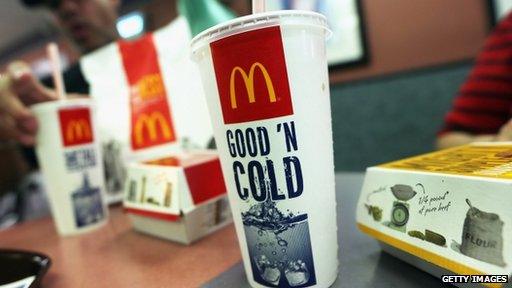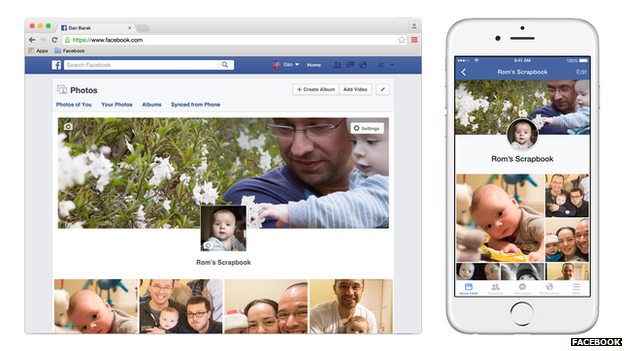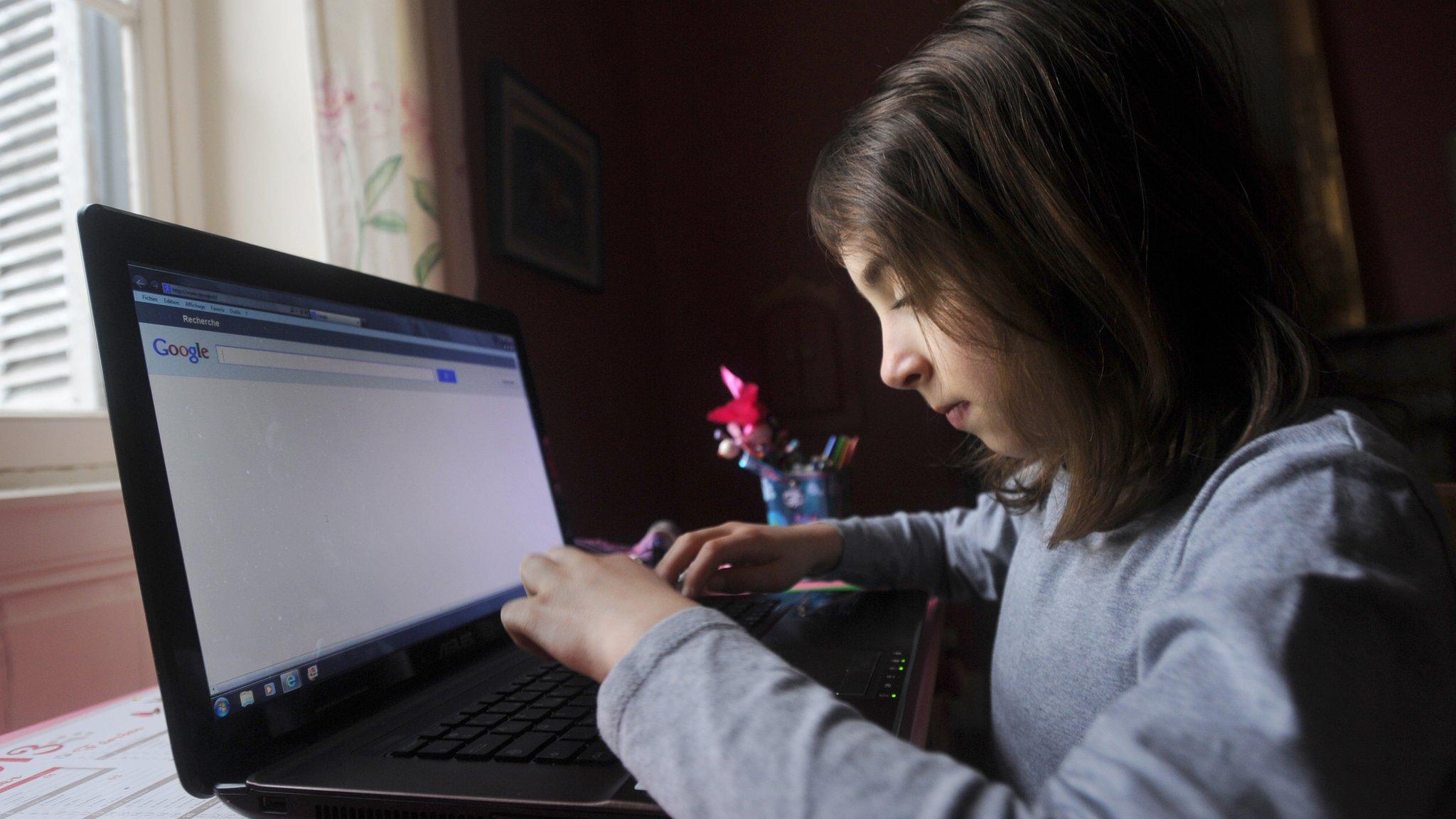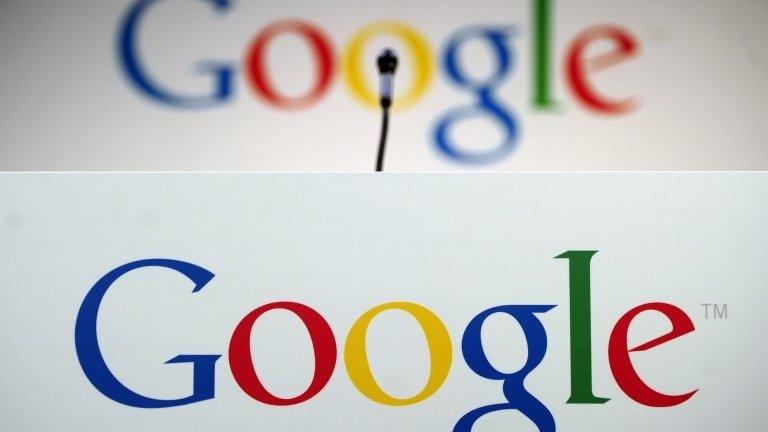Call to investigate adverts on YouTube Kids app
- Published

Campaigners say YouTube Kids channels for McDonald's and others flout advertising rules
US regulators are being asked to investigate a YouTube app for children.
Consumer organisations and childcare groups say YouTube is using the app to flout long-standing limits on adverts seen by youngsters.
The groups have sent a joint letter to the US Federal Trade Commission (FTC) asking it to find out if the app uses "deceptive marketing practices".
In response, YouTube said it "strongly" disagreed with the conclusions of the campaigning groups.
The YouTube Kids app was launched in February and was created to let children use the video site, but while also giving parents control over what they watch and search for. It also has channels showing curated content from companies including McDonald's and Fisher-Price aimed specifically at younger viewers.
It is these branded channels that the consumer and child groups are most concerned about because, they claim, they let companies mix adverts and shows in ways that would not be permitted on television.
The channels also do not do enough to label clips and shows that feature products that presenters have been paid to highlight, the groups said in their letter.
The Consumers Union, the Center for Digital Democracy and the American Academy of Child and Adolescent Psychiatry have all signed the letter to the FTC.
'Strongly disagree'
A spokesman for the Advertising Standards Authority in the UK said its rules on adverts applied across all media and had specific sections that sought to protect children.
"Adverts should be appropriate, not cause offence and not mislead," said the spokesman. "The key rule in the code is that adverts should be identified as such and it should be made obvious that you are being advertised to."
A YouTube spokesperson said it had worked with many children's groups and other partners when developing YouTube Kids.
"While we are always open to feedback on ways to improve the app, we were not contacted directly by the signers of this letter and strongly disagree with their contentions," the spokesperson added.
- Published7 April 2015

- Published27 March 2015

- Published20 February 2015

- Published4 December 2014
